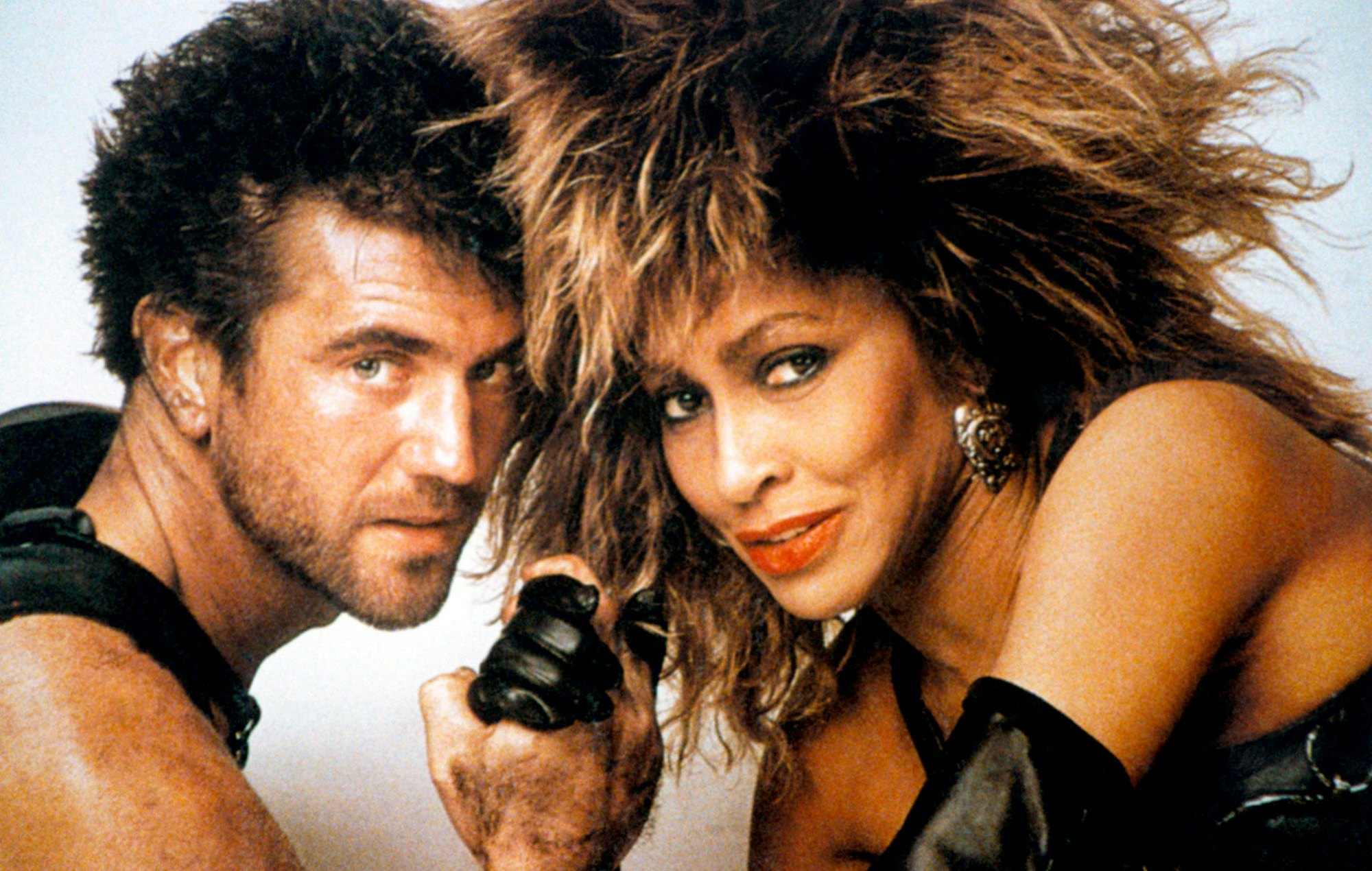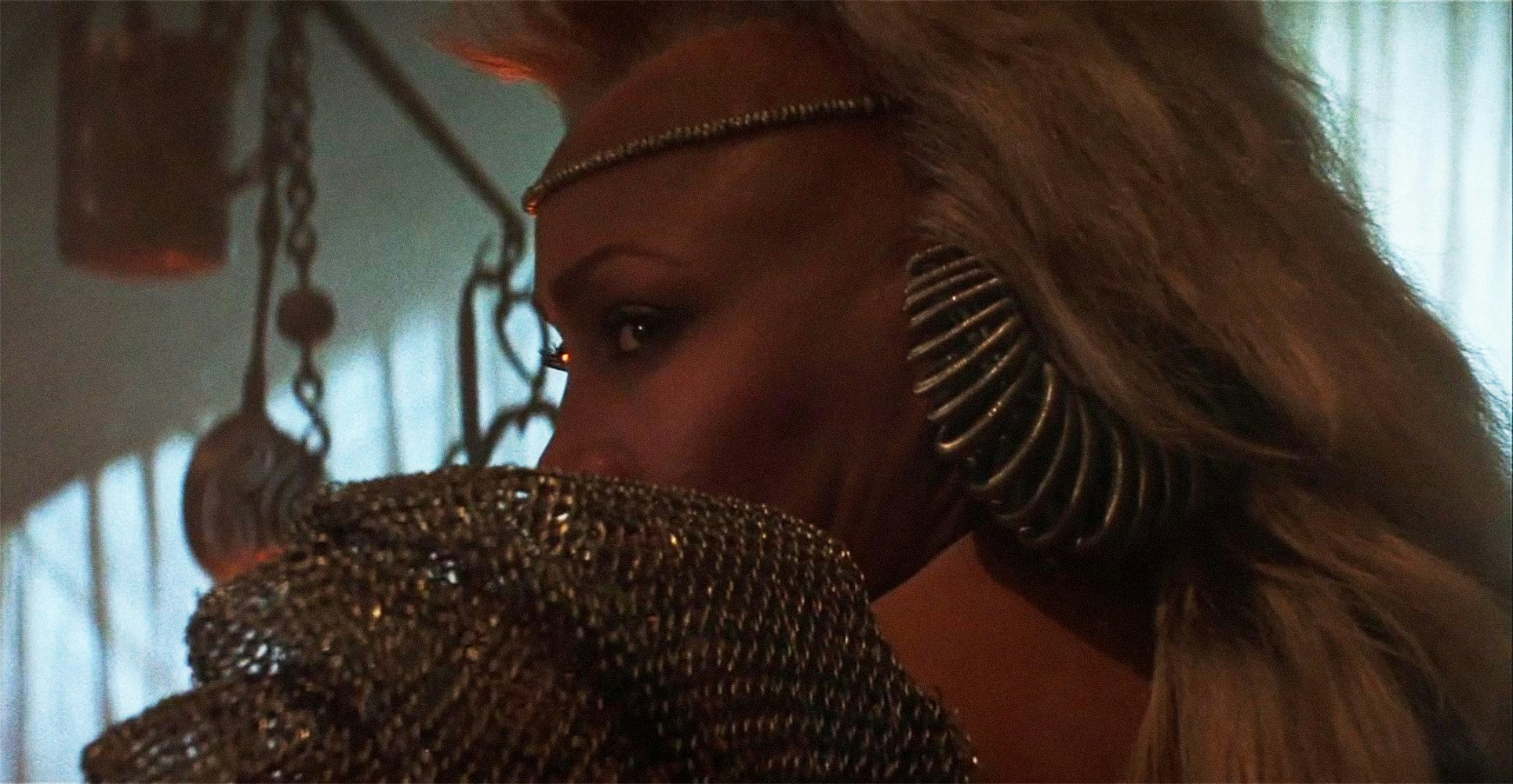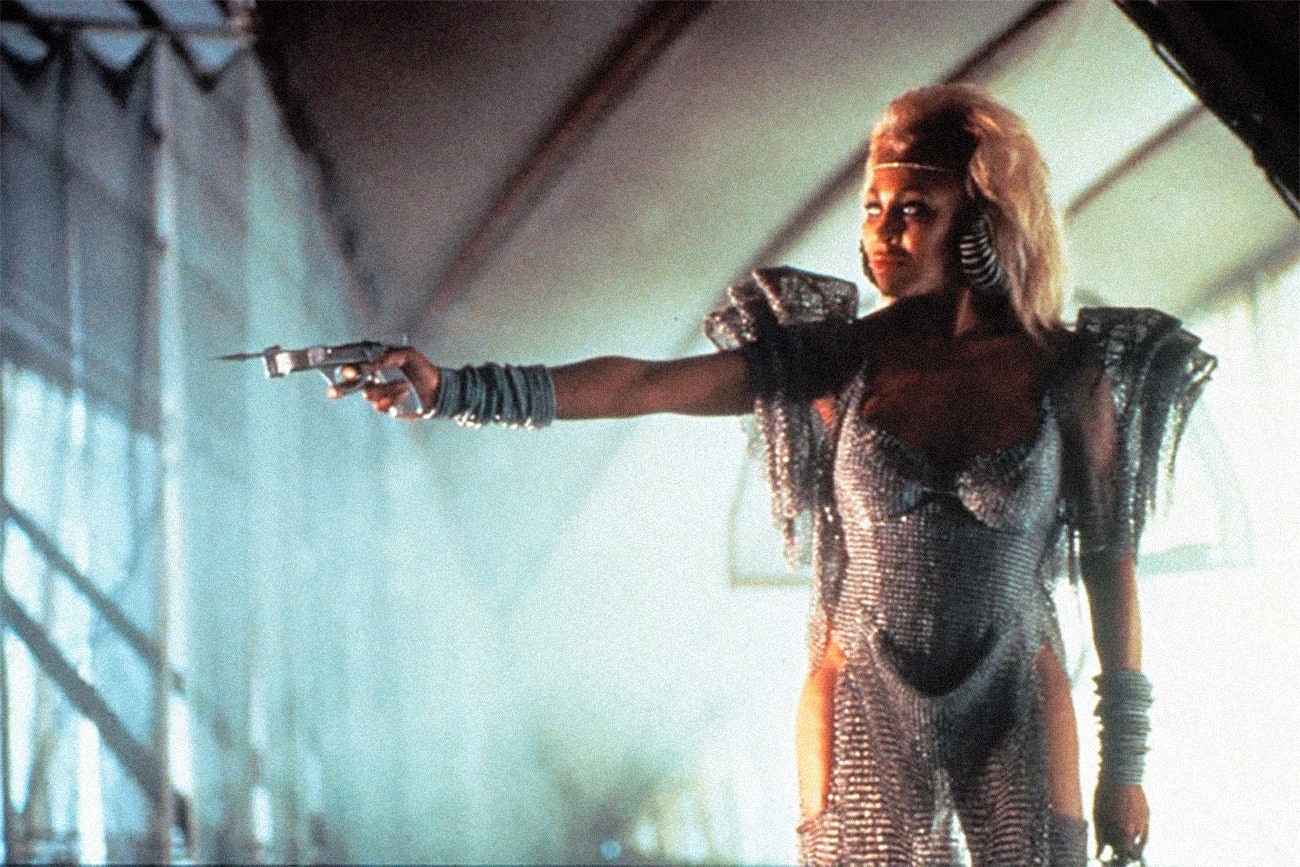
It’s lonely at the top, especially when you’re the Queen of Rock ‘n’ Roll. While she’s widely regarded as the first Black female rock star, Tina Turner had to overcome insurmountable odds to get there. She didn’t just break free from an abusive husband and creative partner of 16 years; she redefined what it meant to be a Black woman in music.
Before her debut solo album, Private Dancer, became a certified hit, everyone assumed Turner was past her prime. Her “comeback” (a term she never used, as “Tina had never arrived” before then) didn’t come until she was well into her 40s, and only after all the major recording labels turned her away.
No one knew what to do with a Black rock singer. Even now, Black artists are pigeonholed into R&B, soul, or rap, regardless of the nature of their sound. Turner was one of the first to defy those expectations and go her own way, and just one year after taking the music industry by storm she would do the same in Hollywood.

In 1985, Turner was handpicked by director George Miller for his third Mad Max film, Beyond Thunderdome. Miller would later say the role was written with her in mind, and in watching Thunderdome, it’s not hard to see why. Turner is Aunty Entity, a shrewd, slick mogul who rules over a post-apocalyptic trading post, Bartertown.
Turner cuts a lean, mean figure as Aunty; her 70-pound chainmail dress and platinum wig feel like a knowing wink to Turner’s real-life rock star status. They also mold her into a road warrior fit to go toe-to-toe with Mel Gibson’s title character. Turner oozes sex appeal in Aunty’s scenes with Max, and their introduction in the film’s first act invokes the steamy tension between Grace Jones’ May Day and Roger Moore’s James Bond in A View to a Kill. But Turner also brings warmth to her performance, adding a nuance that defies persisting stereotypes for Black women in media.
Aunty introduced a new version of Black femininity to the big screen, particularly in sci-fi action, and that has much to do with the woman who brought her to life. Aunty is maternal without falling into the role of a Mammy; she’s sensual without invoking the spirit of Jezebel. She’s not here to serve the whims of Thunderdome’s white protagonist, nor is she looking to be saved. Aunty simply exists, fully formed and unapologetic, not unlike Turner herself.

Though she had appeared in films before, usually as a version of herself, Aunty feels like a true extension of Turner. The character is the embodiment of the singer’s real-life triumph: she’s tough, and she’s a survivor, but she carries herself with tangible grace and an open heart. When Aunty shows Max around Bartertown, you absolutely believe that she built it with her bare hands. You believe it because that’s what Turner did in music. If only she could have done the same in film.
Thunderdome was Turner’s first major acting role, and it was also her last. She later revealed that she’d “always” been interested in acting, though she never got a chance to pursue it before turning to music. “In the earlier ’60s and ’70s, there were no parts of Black women,” she told Luce Cinecitta in 1986. Even after her rise to fame, she was rarely offered anything worthwhile. Turner frequently turned down “hooker” roles, and even rejected Stephen Spielberg’s offer to star in The Color Purple. She wasn’t interested in reliving the past; she wanted to play warriors.
Turner coveted meaty roles like Sarah Connor in Terminator, or Ellen Ripley in Alien. Aunty Entity was her chance “to drive the machines, to do the fighting,” and she didn’t waste it. It’s a shame that didn’t lead to a longer film career, but at least she could give her all in Thunderdome.







